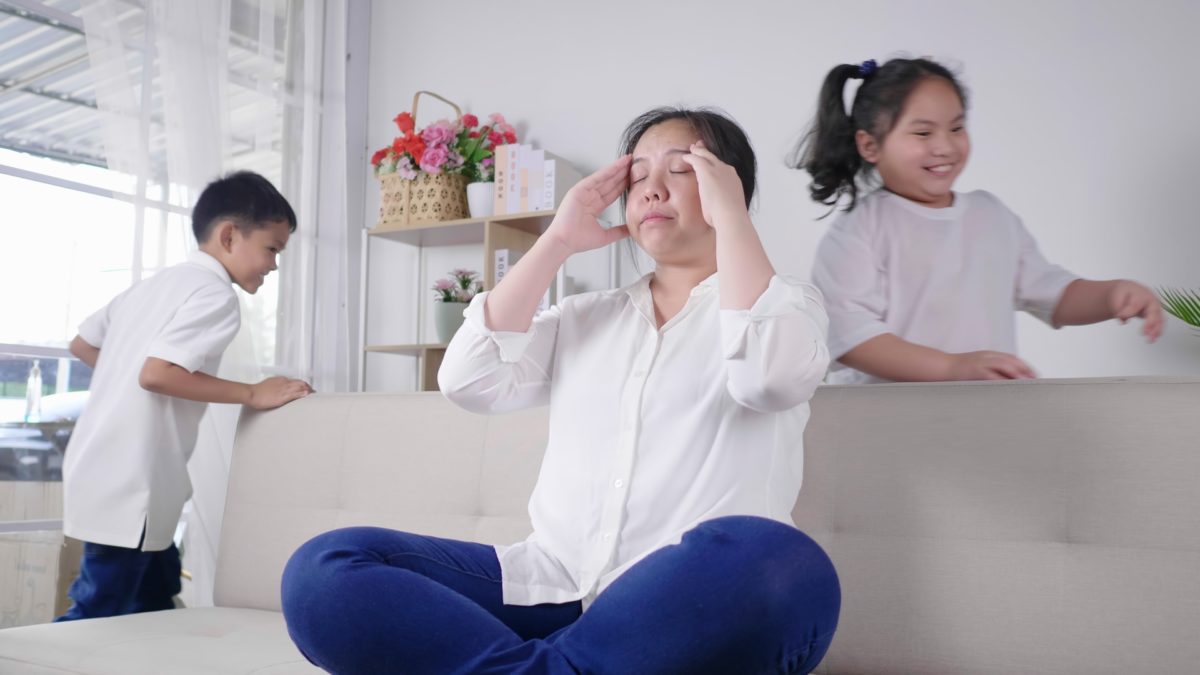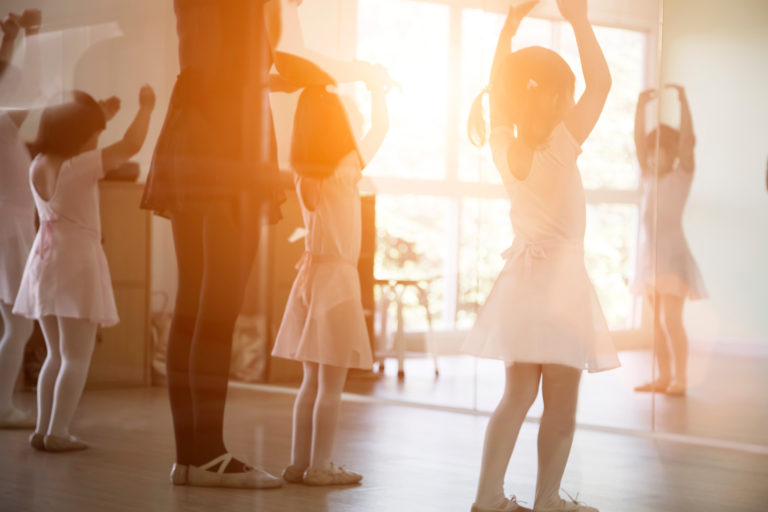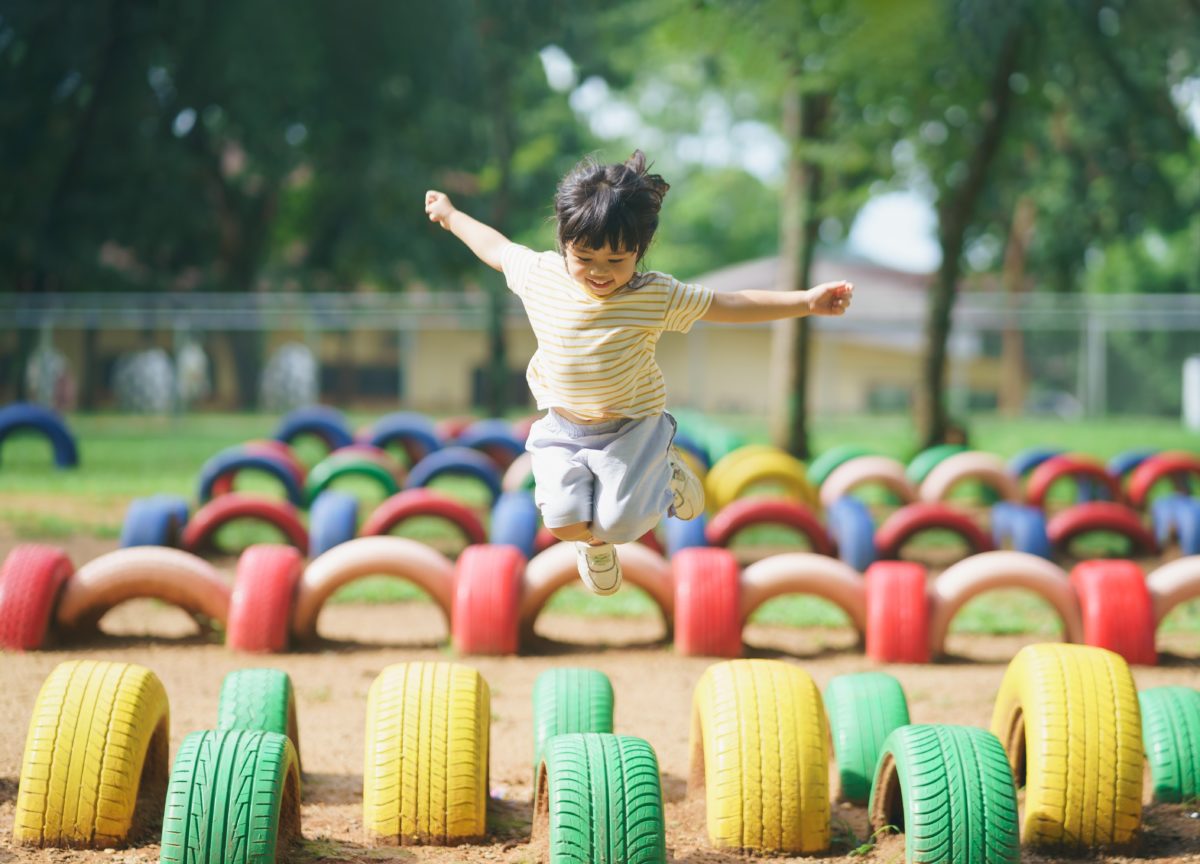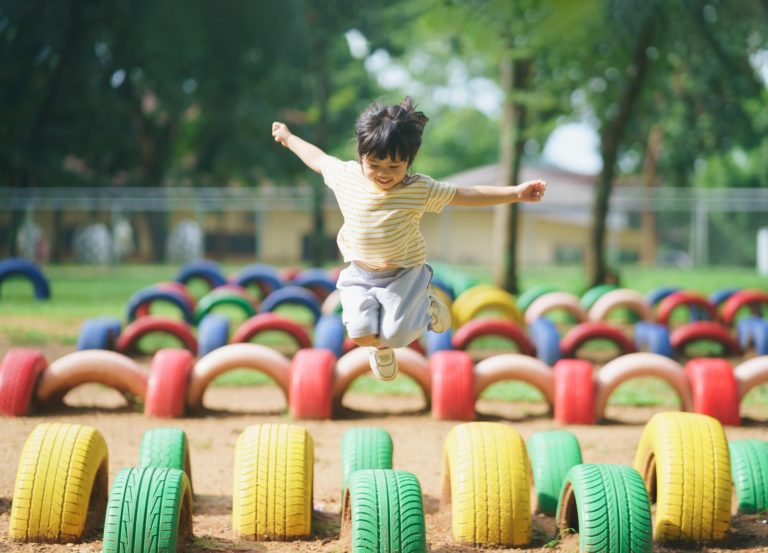Parent Tips
Children are two different beings at home and school?
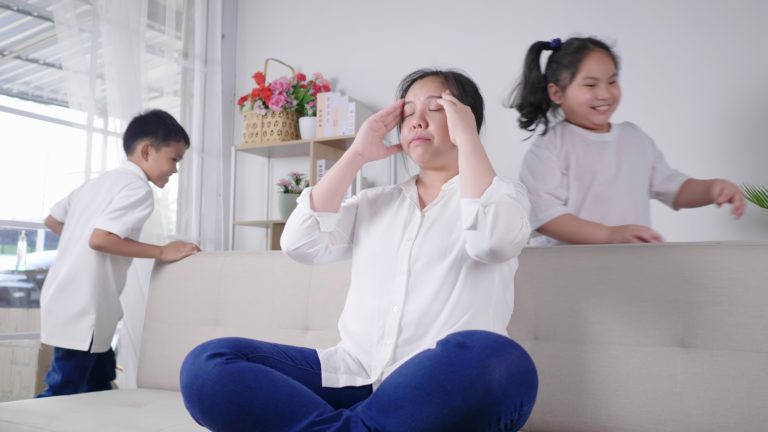
Written by: Dr. Szeto Wing Fu, Chairman of the Hong Kong Institute of Family Education
A teacher asked me, “Many parents seek my advice on education and disciplining their children. As a new teacher with limited life experience, I often feel inadequate in dealing with complex education policies and child-rearing issues. What should I do?”
Every semester, the school arranges one or two opportunities for parents to meet with teachers and discuss their children’s performance at school. As a father, I always strive to attend these meetings together with my wife. After each brief gathering, our son would eagerly ask and want to know what we discussed with the teacher about him. Recently, the teacher mentioned that our son is relatively quiet at school, not very proactive, and often takes on the role of an “observer.” My wife couldn’t wait to say that he is completely different at home, very active and full of “many opinions.” The teacher’s reaction was not surprised but rather smiled continuously, seemingly very accepting of the fact that children can present different sides at home and at school.

My wife naturally looked at the teacher with expectant eyes, hoping to get some guidance on how to make our child more proactive in the learning environment. Fortunately, I spoke a few “fair” words, recalling how our son was fearful and often a “lone ranger” when he first started school last year. Over the past year, our evening prayers with our son have always included a request to our Heavenly Father to make him braver, and this year he has made much progress. On the way home, I also reminded my wife that there are no standard answers or miraculous remedies for many things, and the teacher, being younger than us and not yet a parent, still has experience in dealing with different children. Therefore, it is most important for parents and teachers to communicate more on the children’s journey of growth.
Embracing Our True Selves
Recently, a parent asked me: “My child is very well-behaved at school, a courteous and exemplary student, but at home, he often throws tantrums. Why does he have such different behaviors in front of others and at home? How should I handle this?”
During the first semester of my son’s primary one, there were two consecutive weeks of “inexplicable” incidents, such as his beloved “Sergeant” watch going missing, books found in the trash bin, exercise books doodled and torn. My wife and I were both baffled and still wanted to unravel the mystery in our hearts: who could be behind these incidents?
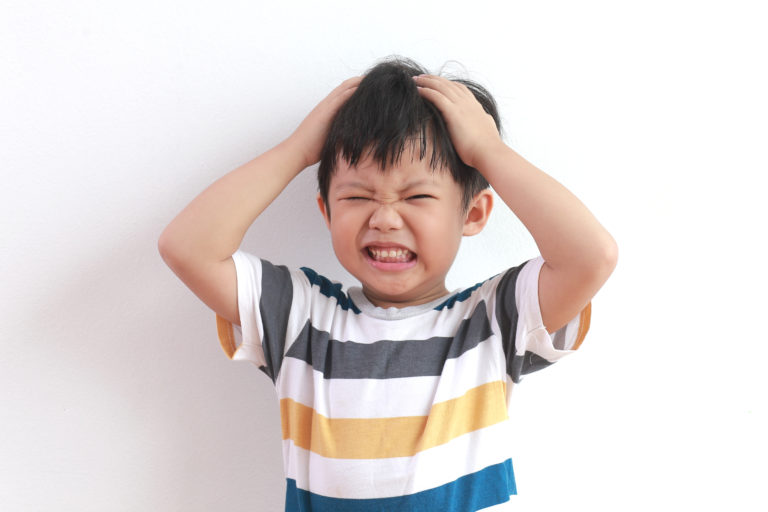
On Monday morning, my wife went to the school to discuss the incident with the teacher. However, just before leaving, I firmly told my wife, “No matter the doodles, tears, or books being treated as garbage, I am certain that our son didn’t do any of these.” She asked, “Why are you so sure?” My answer was, “Because he is my son, and I have been with him as he grew up. I know his temperament like the back of my hand.” Eventually, it was found that his neighboring classmate was responsible for those actions. Since that day, I noticed a “subtle” change in our child’s behavior between school and home – at school, he seemed to have learned that it is a community: crossing certain boundaries with books would upset classmates, and the teachers were like referees, and to “survive” he had to understand the “rules of the game.” But when he came home after school, he would immediately embrace his true self, because at home, he had his dad and mom, who understood him the most.
In fact, isn’t it true that in the adult world, we also have a different self during the day and at night?

